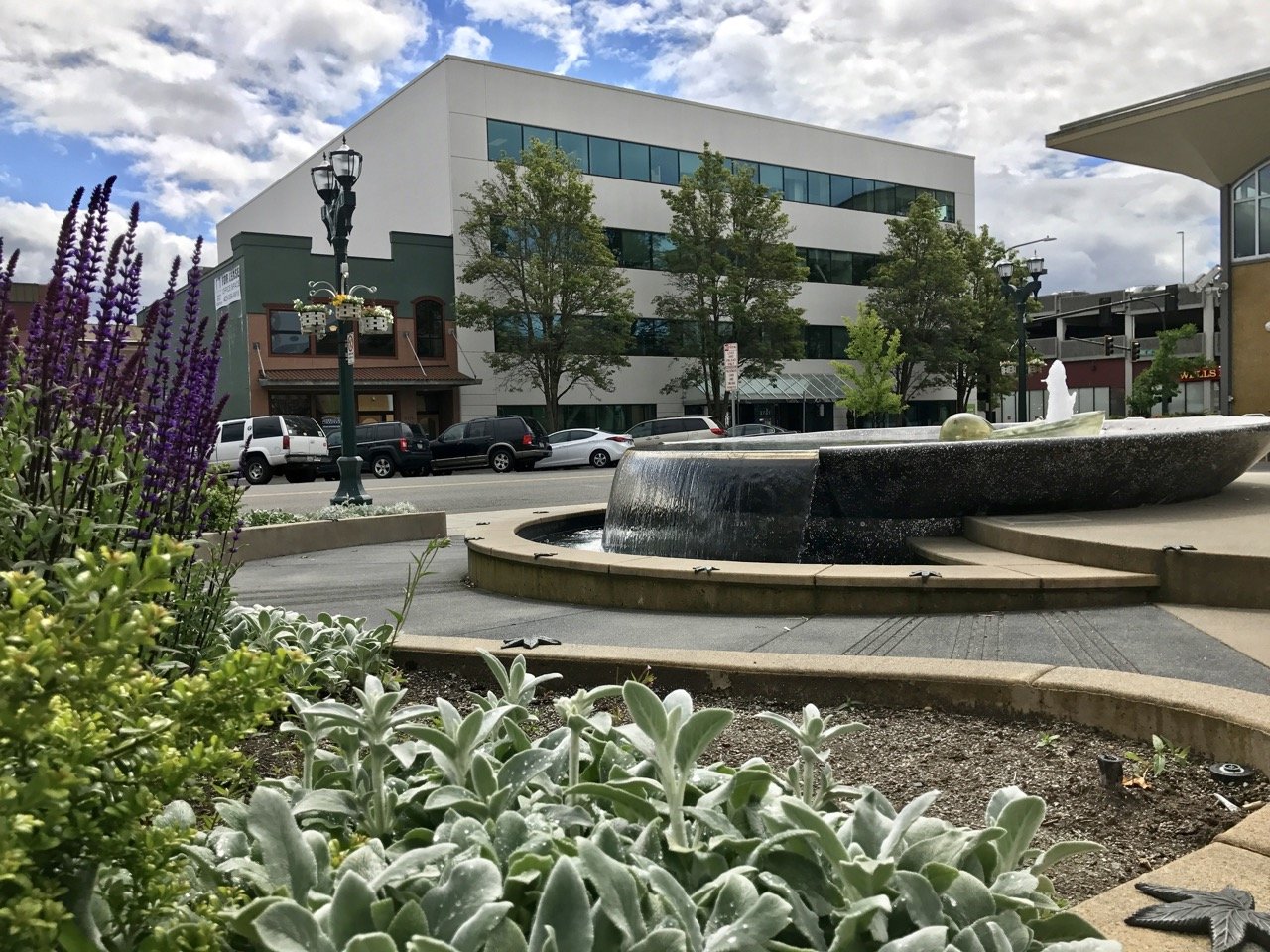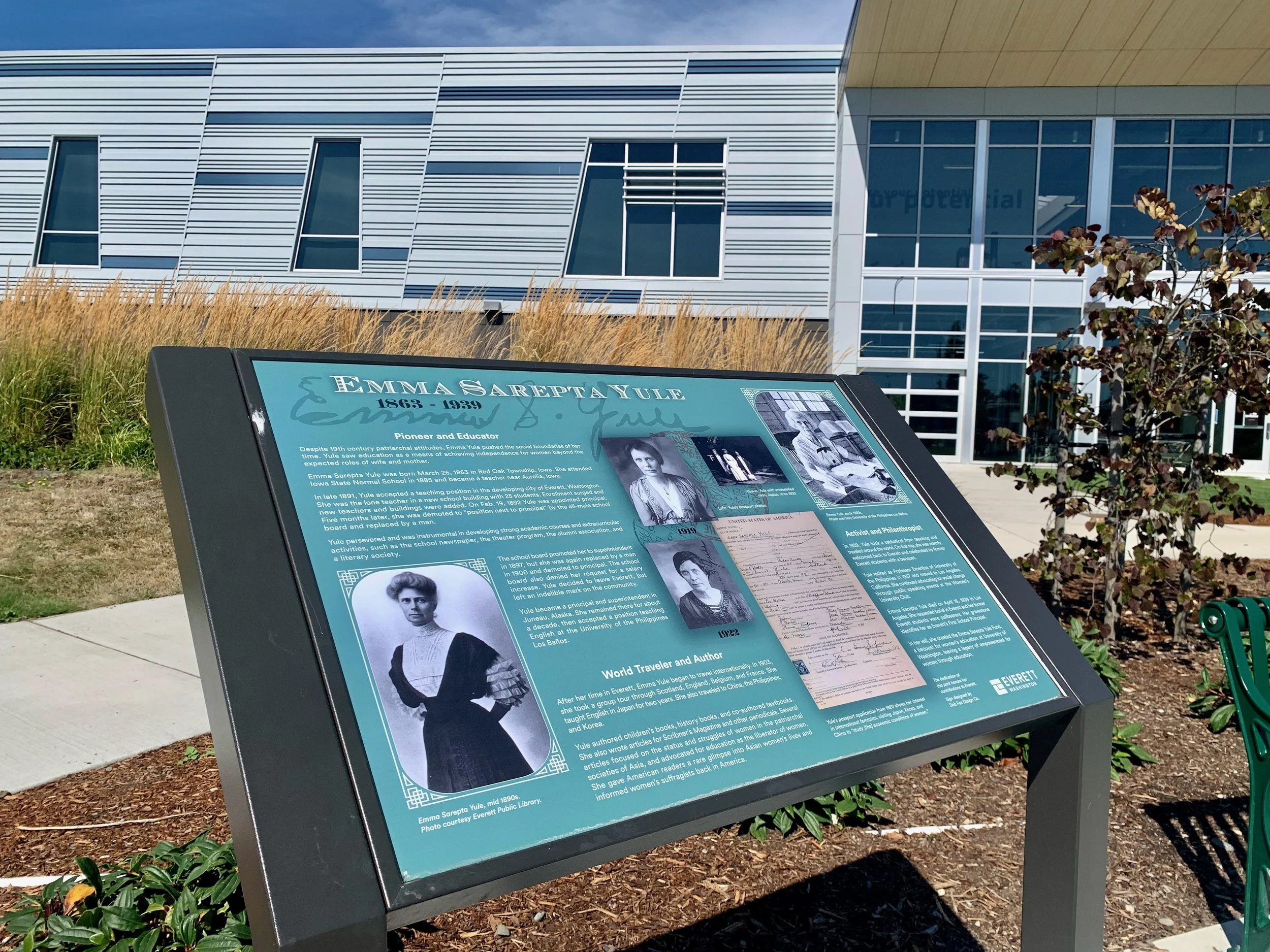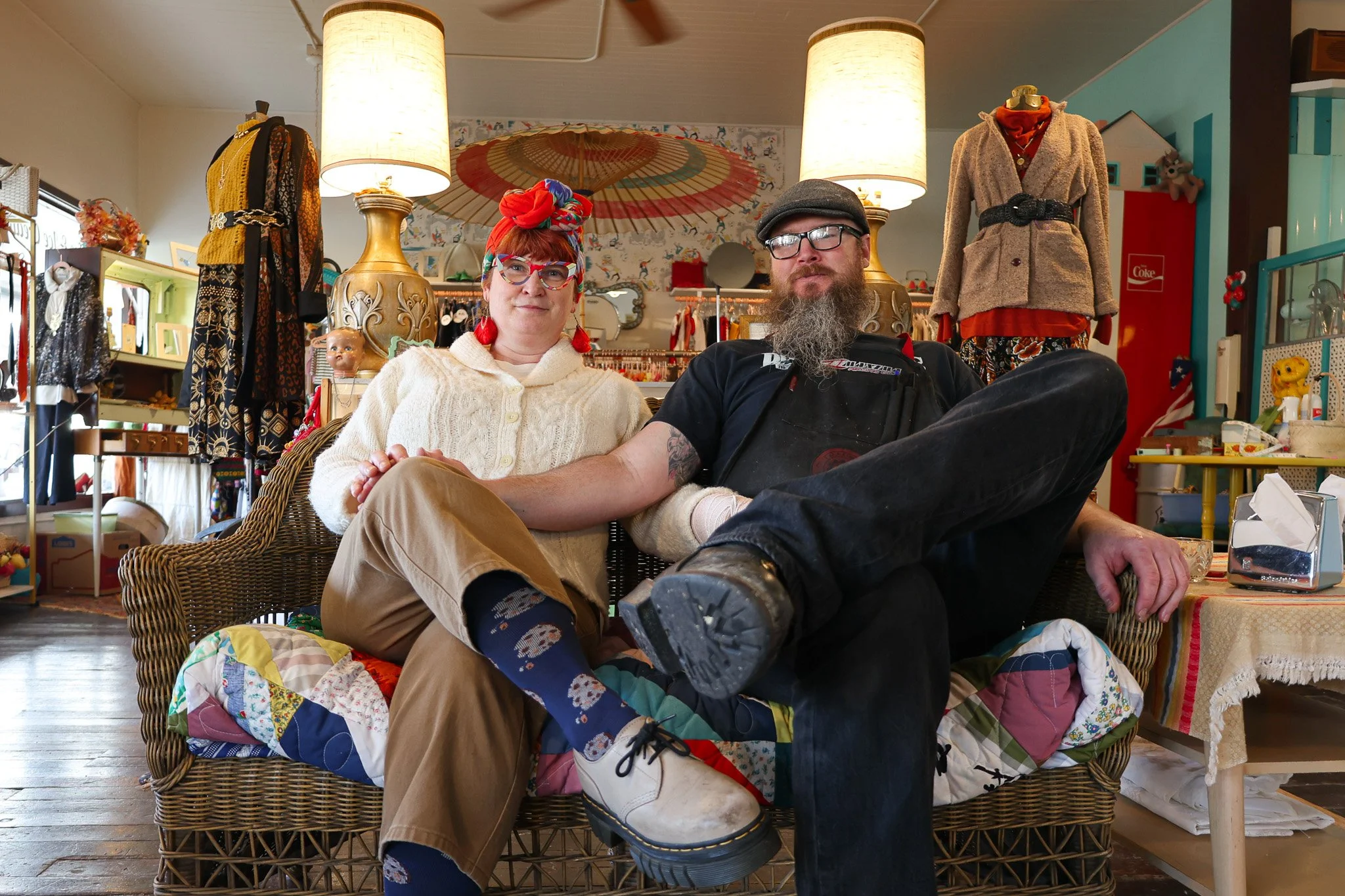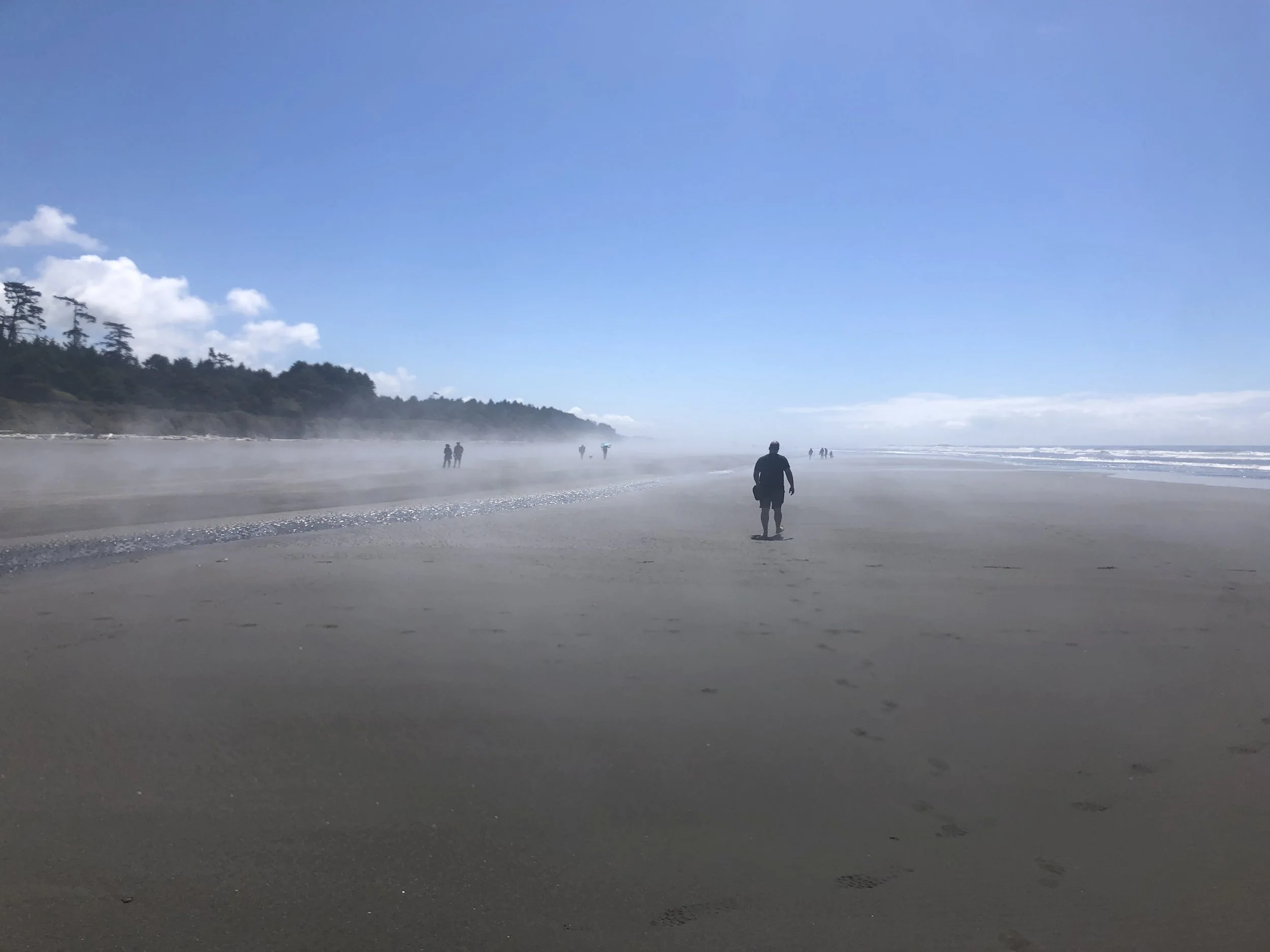Everett Civics: 5 Tips for Speaking Up With Confidence
Everyone remembers the first time they were called upon to speak publicly. For me, it was in the fourth grade when my class put on a play about the ocean and I had to say the phrase “sea anemone”. Now, I had no problem with the word “sea”, but “anemone” continuously tripped me up. I practiced that one word over, and over, and over again until, on the day of the performance, I proudly said the whole phrase (Sea Anemone!) successfully during the play.
“This sharing of ideas and expertise is exactly what is needed in Everett right now as the 2021 budget is currently being developed by the Mayor and city staff before approval from the City Council.”
Speaking in public is not a skill that comes naturally to many if any at all. Even extroverts can trip up when speaking in front of a crowd so it’s okay to feel nervous when you first decide to speak publicly. Even though public speaking can seem intimidating, it is one of the best ways to share your ideas and demonstrate your expertise.
This sharing of ideas and expertise is exactly what is needed in Everett right now as the 2021 budget is currently being developed by the Mayor and city staff before approval from the City Council. Without input from the general public, the budget developed may not reflect the needs of our community.
As I mentioned, I was not naturally a great public speaker (or pronouncer of some sea animal names), but I am now a trainer, a coach, and a lover of giving speeches at weddings. Here are some tips that helped me:
Tip 1: Speak clearly and slowly
It’s natural to experience a burst of adrenaline when speaking in public. This ‘burst’ means that you will speak faster and less clearly than you normally do, or even intend to at the moment. Knowing this, you can plan and do something about it. Keep in mind that you need to speak much slower than what you’re used to (about a third slower) so that the audience can hear you. Also, because microphones impact how words are heard (especially over applications like Zoom), you need to practice saying every word clearly to ensure your message isn’t misunderstood due to misheard words.

Plan what you are going to say.
Tip 2: Share your unique perspective
When preparing to speak for an audience, it’s helpful to reflect on what makes your perspective unique. In some cases, you will be adding support to other’s ideas with your public comment, but for the most part, you’ll be adding something to the conversation that only you can add. You are an expert on your perspective, and the story you share is singular to your experience. By sharing your story, your ideas, your voice to a public conversation, you keep the door open for dialogue and give other participants more diverse worldviews to shape their understanding.
Tip 3: Value your time
When speaking in public there are often limits on how much time you will have to speak. Knowing this, you will want to be mindful of your time for a few reasons. First, you don’t have to say everything, you just have to use your time to share your perspective. Second, most public speaking engagements will include others, so keeping to your time limit ensures everyone has their fair time. Finally, the longer you speak, the easier it is for your message to get lost, and staying aware of your time can help you stay on message.

Practice what you are going to say.
Tip 4: Plan what you’re going to say
The impulse to speak from the heart, or to “wing it”, is a strong one, but one that should be resisted. Preparing for your speech helps you use your time effectively and ensure you’re comfortable speaking slower than what you’re used to doing. Many public speakers will “map” their message to organize their main points and goals to their target audiences. Others will use problem-solving frameworks, such as the GROW (Goal, Reality, Options, Way forward) model to frame their speech. However, you choose to plan for public speaking, plan on being direct and respectful. Sharing expertise and opinion through public speaking is a meaningful social practice and doing so in a way that shows respect for yourself and others opens doors for community engagement.
Tip 5: Practice in front of a mirror
While preparing to speak in public, taking time to practice in front of a mirror is one of the greatest advantages you can give yourself. We speak with our bodies and expressions as much as we do with our words and tones, so you need to know how you look when you speak as much as you need to know the words you will say. How you stand and use your appendages can strengthen or weaken your spoken message. Watching yourself rehearse your speech helps you identify how you speak with your body, as well as if the clothes you’ve chosen reflect your authority, which will both enforce your confidence and preparedness.

Public comment is still being accepted regarding the 2021 budget and will be until the final reading at the November 11th Council Meeting and public hearing. While you may feel unsure at the start of your public speaking experiences, using the above tips will help you gain the practice, confidence, and the tools to accomplish your goal and share your message. Remember, this skill, like most others, doesn’t depend on your natural ability or comfort level as much as it does your dedication to share your knowledge with others and prepare for the task. You’ve got this!
Upcoming Budget Meetings
Aug 19, Sept 2 Council Briefing and Public Input
Sep 16 Public Hearing: Council revenue & expense workshop
Oct 14, 21, 28 Council Briefing/Public Input
Oct 28, Nov 4 and Nov 11 Public hearings
Learn more about the budget process here.

Angela Di Filippo currently works in State Social Services and recently earned her Masters in Industrial/Organizational Psychology with extensive training in evidence-based leadership coaching. Angela moved from North Carolina to Washington 6 years ago and has proudly called Everett her home for 5 of those years. When not helping others solve problems in creative and strength-driven ways, Angela enjoys her time painting, hiking with her terrier-mix, Indy, and eating waffles.



























































